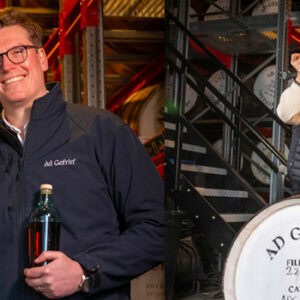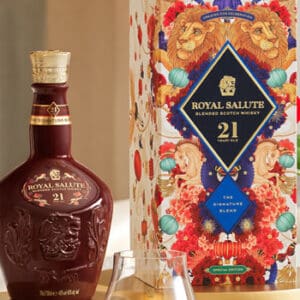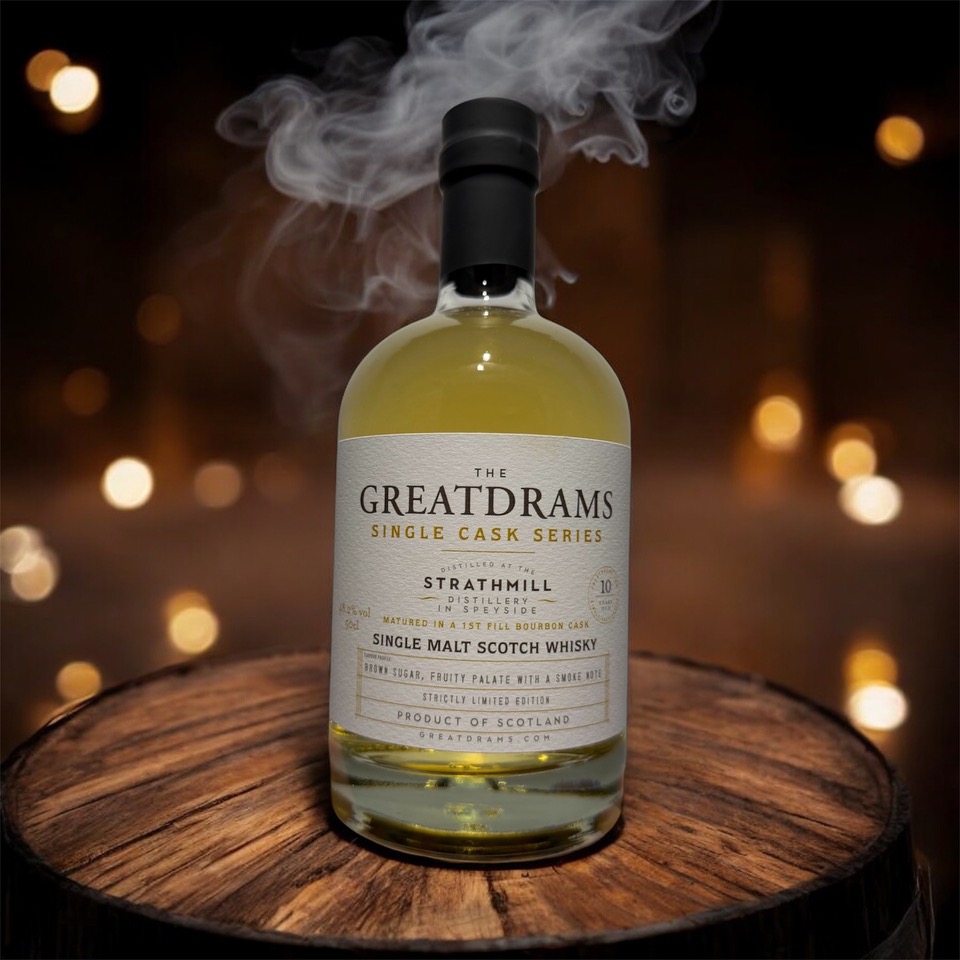The Angel’s Share: Embracing the Artful Loss in Whisky Aging
Do you know what really keeps me up at night? Other than a cup of coffee after midday of course. It’s the thought of wasting whisky. I’ve witnessed my fair share of broken whisky bottles over the years, and let me tell you, each time it happens a part of me dies inside.
Okay, I might be being a tad dramatic but you get my point, right? We here at Great Drams are in the whisky business, so of course we don’t want to waste whisky. If we did, we’d literally be wasting money. You don’t need a business guru to tell you that that’s bad business.
Why so much talk of wasting whisky? Because today, I’m going to be talking to you about that exact process, and why wasting whisky via evaporation, is not only a good thing, but is actually an integral part of the whisky-making process.
So, grab your favourite glass, pour yourself a dram, and sit back and relax as we learn more about the “Angel’s Share”.
What is the Angel’s Share?
As whisky enthusiasts, you’ve likely already heard of the term ‘The Angel’s Share’ but do you know exactly what it’s referring to? If not, allow me to bring you up to speed.
The Angel’s Share is basically a romanticised term given to describe the process of whisky/whiskey evaporation during the aging process. Its roots are shrouded in a combination of mystery and folklore in equal measure.
Legally, before whisky can be called a whisky, it must be stored in casks and aged for at least 3 years. Legend has it that many moons age, illicit and legit Celtic whisky distillers in Scotland and Ireland, believed that angels descended down from the heavens and cheekily helped themselves to a small amount of whisky stored in casks. After all, what other explanation could there be for the whisky in sealed casks to gradually decline each year?
Of course, a bunch of tipsy angels wasn’t really to blame for the loss of whisky as there was a much more scientific and boring explanation – evaporation.
What Causes Whisky Evaporation?
Each year, on average, between 1% and 5% of whisky stored in casks is lost to the Angel’s Share, or evaporation if you want to get pedantic. That is only a rough figure as there are all manner of different factors at play.
The size of the cask for example, can make a huge difference. Many in the biz are wary of using smaller casks as those which store 50 litres or less tend to lose even more. On the plus side, this allows the whisky inside to mature quicker.
Climate is also an enormous factor. In Scotland and the UK, the weather isn’t exactly tropical. In countries where it is much hotter however, the rates of evaporation are much higher. In India for example, as much as 12% is lost through evaporation every single year!
The age of the spirit is also a contributing factor as younger spirits tend to evaporate at a much faster rate. As a whisky ages and matures, its rates of evaporation through the Angel’s Share tend to slow down.
Finally, where the casks are stored can also play a part. Airflow is very important. In warehouses where casks are stored on racks or pallets, air is allowed to flow and circulate around the casks more freely. This results in greater amounts of evaporation, so more spirit is lost. Generally, warehouses with these features are larger in size so can produce whisky on a larger scale. This means that they’re not as worried about loss of spirit through evaporation.
Why Evaporation is Important
As heartbreaking as it is to lose whisky through evaporation, it’s simply a part of the process that we in the biz need to accept. Not only is it unavoidable, it’s actually a very good thing.
If a Scotch whisky is matured for 25 years, at minimum it will lose 25%. That’s a quarter of the whisky gone into the ether. This is part of the reason why older whiskies tend to be more valuable. I say part of the reason because there are so many more factors at play.
As heartbreaking as evaporation is, it’s an essential part of the whisky-making process as it is this which helps to contribute towards a whisky’s depth of flavour, it’s body, its complexity, and everything else that makes it the delight that it is.
As the alcohol evaporates within the cask, this helps to amplify and intensify the flavours and notes within the cask. All the flavour in the wood begins to impart into the whisky, initiating a series of chemical reactions and processes which help to give whisky its colour, body, flavours, notes, and aromas.
As well as a loss of volume, each year through the Angel’s Share the spirit inside the cask becomes weaker, with a loss of around 0.5% ABV on average. Again, this is important because it results in a greater concentration of water. Here, a larger number of water-soluble compounds such as tannins, are absorbed into the whisky from the cask. Tannins help to give whisky balance and structure, and influence things like mouthfeel.
Think of the Angel’s Share as a sacrifice for the greater good. Sure, there’s less spirit, but instead of harsh, sharp, burning alcohol notes, you instead get more vanilla, honey, toffee, fruit, smoke, spices, tannins, oak, and mouthfeel which awaken your senses and remind you why you love this amazing liquid.
If you’d like to learn more about your favourite whiskies, or treat yourself to a Great Dram or two over the festive period, head on over to GreatDrams.com and take a look at what we have to offer.
With an impressive selection of limited-edition, rare, and award-winning whisky, as well as heaps of whisky info on our blog, it’s the perfect spot for any whisky lovers out there.














